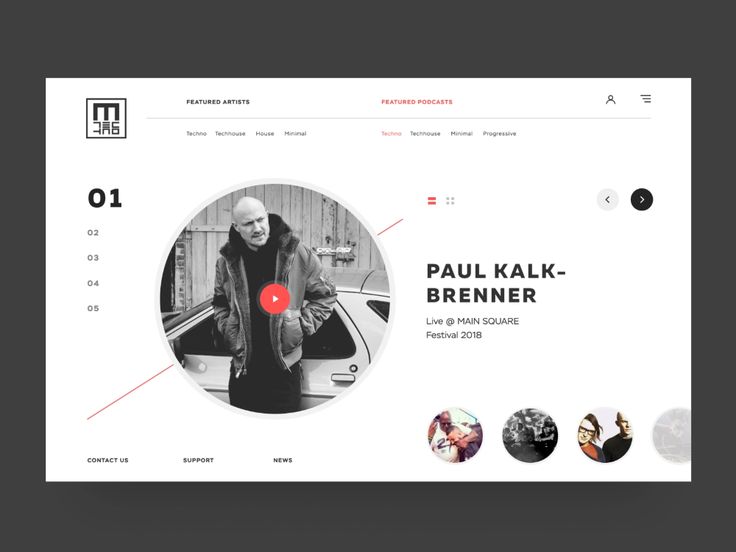
The music industry is vast and ever-evolving, offering numerous opportunities for artists to share their work with the world. However, one key challenge remains—choosing the right distribution partner. With the rise of digital platforms, the competition between the biggest music distribution companies and independent music distributors has become increasingly prominent. But how do they compare, and which is the best fit for your music career? Let’s dive deep into these two contrasting models to help you make an informed decision.
Understanding Music Distributors
Music distributors act as a bridge between artists and platforms where music can be streamed, downloaded, or sold. Whether you’re an independent artist or signed to a label, distribution ensures your tracks reach audiences worldwide. The main options today include major distributors aligned with record labels and independent distributors tailored for unsigned or DIY artists.
Biggest Music Distribution Companies: Who Are They?
The biggest music distribution companies, like Sony Music, Universal Music Group, and Warner Music, dominate the global music market. These companies offer unmatched reach, resources, and promotional power. Their established relationships with streaming platforms and retail stores ensure your music gets maximum visibility.
Working with such giants, however, often comes with conditions, such as relinquishing some control over your music and sharing royalties. For emerging artists, this can be a significant compromise. If you’re interested in exploring the top players in this space, check out this guide on the biggest music distribution companies.
What Are Independent Music Distributors?
Independent music distributors, on the other hand, provide an alternative for artists who want to retain full control of their work. These distributors cater primarily to independent musicians, offering flexible contracts, affordable pricing models, and access to digital platforms. Services like DistroKid, CD Baby, and TuneCore have gained popularity due to their artist-centric approach.
Choosing an independent music distributor can be a game-changer for musicians who prefer creative freedom. Unlike major distributors, these platforms often allow artists to keep 100% of their royalties or pay a flat annual fee.
Key Differences Between Major and Independent Distributors
- Control and Ownership
Major distributors often require artists to sign deals that involve sharing or even transferring ownership of their music. While this may lead to greater exposure, it limits an artist’s control.
Independent distributors, in contrast, focus on empowering artists. Most allow musicians to retain full rights to their music while still ensuring global reach. - Cost and Revenue
Partnering with the biggest music distribution companies may include upfront costs, hidden fees, or royalty splits. These companies typically invest heavily in marketing and production, so they expect a return on investment.
Independent distributors usually operate on a subscription-based model or charge per release. This transparency makes them ideal for budget-conscious artists. - Marketing and Promotion
Major distributors have access to extensive marketing resources, including partnerships with top-tier media outlets and influencers. For artists seeking a fast track to fame, this can be enticing.
However, independent distributors offer more targeted promotional tools, such as playlist pitching and social media integrations, to help smaller artists grow their fan base organically. - Support and Services
While major distributors provide full-scale support, including legal and administrative assistance, their focus is often on high-potential artists. Smaller acts may not receive the same level of attention.
Independent distributors excel in offering accessible customer support and user-friendly platforms, ensuring even first-time users can navigate the process.
The Role of an Electronic Press Kit (EPK)
Whether you choose a major or independent distributor, creating an electronic press kit (EPK) is essential. An EPK serves as a digital portfolio that showcases your music, biography, achievements, and press coverage. It’s a tool that can make you stand out when pitching to distributors or booking gigs. Learn more about what is a electronic press kit and how it can enhance your professional image.
Uploading Music to Streaming Platforms
One critical aspect of music distribution is making your tracks available on popular streaming platforms like Spotify. Fortunately, you don’t have to break the bank to do this. Many independent distributors offer free or low-cost options to help you get started. If you’re unsure about the process, this guide on how to upload music to Spotify for free is a great place to begin.
Which Option Is Right for You?
The decision between a major and independent distributor depends largely on your career goals, resources, and artistic vision. Here’s a quick summary to guide your choice:
- Choose a Major Distributor If:
- You want access to massive marketing campaigns.
- You’re open to sharing royalties for greater exposure.
- You aim to collaborate with top-tier producers and platforms.
- Choose an Independent Distributor If:
- You value creative control and ownership of your music.
- You’re looking for cost-effective distribution options.
- You prefer a DIY approach with flexible contracts.
Real-Life Success Stories
Numerous artists have found success with both models. For instance, Billie Eilish initially worked with an independent distributor before transitioning to a major label, while Chance the Rapper has famously remained independent, leveraging platforms like SoundCloud and Apple Music. These examples highlight that there’s no one-size-fits-all solution.
Conclusion
In today’s digital-first world, musicians have more options than ever to distribute their work. Whether you choose a major distributor for its extensive reach or an independent distributor for its flexibility, the key lies in understanding your unique needs and goals. Use tools like an EPK and take advantage of affordable solutions to get your music on platforms like Spotify.







